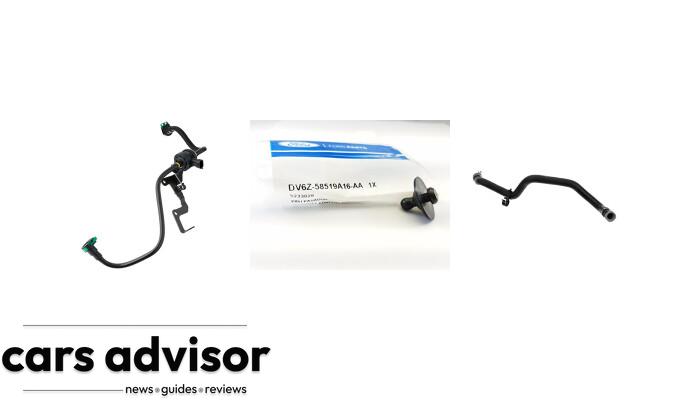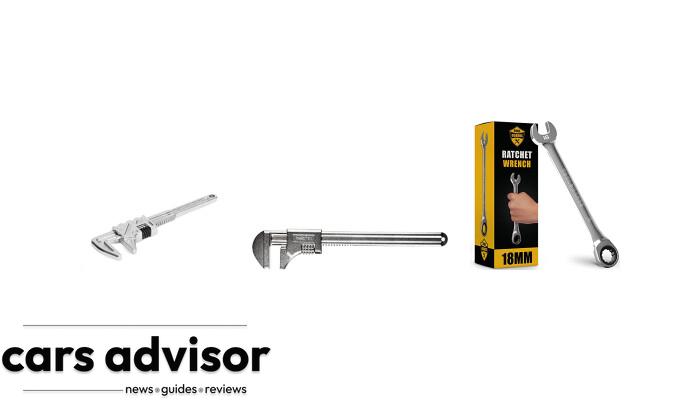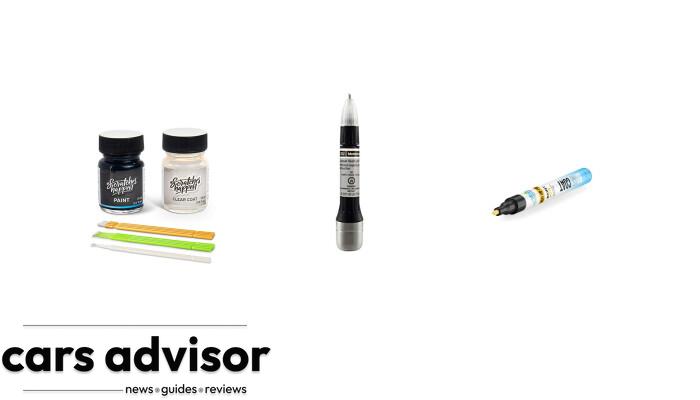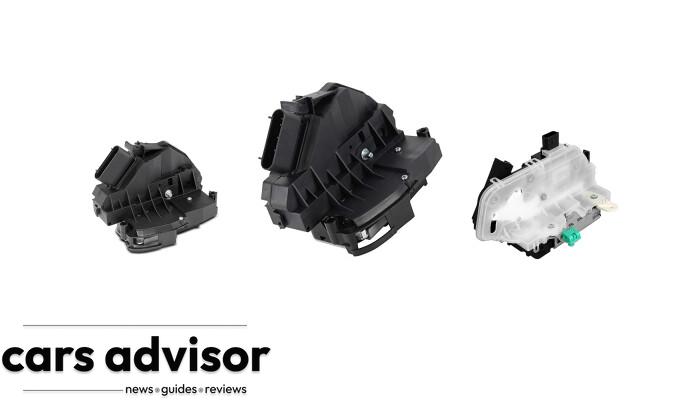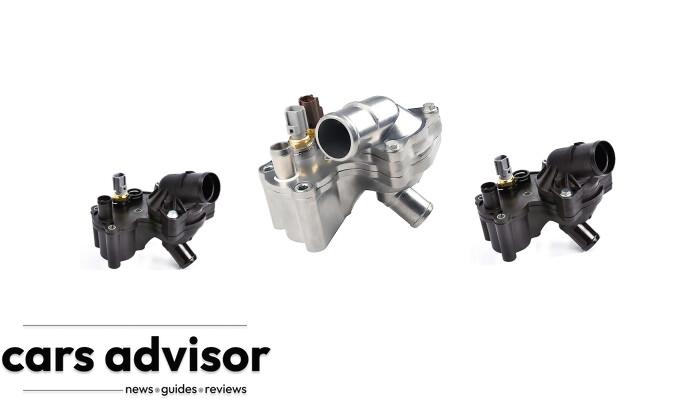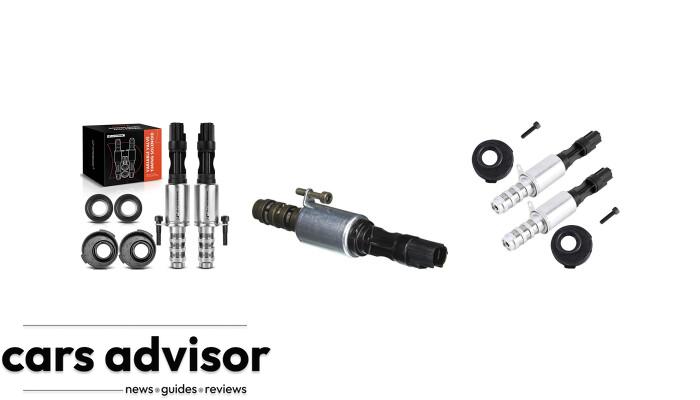Understanding Windshield Wiper Fluid
Windshield wiper fluid is a mixture of water, detergent, and alcohol (usually methanol) that is used to clean windshields while driving.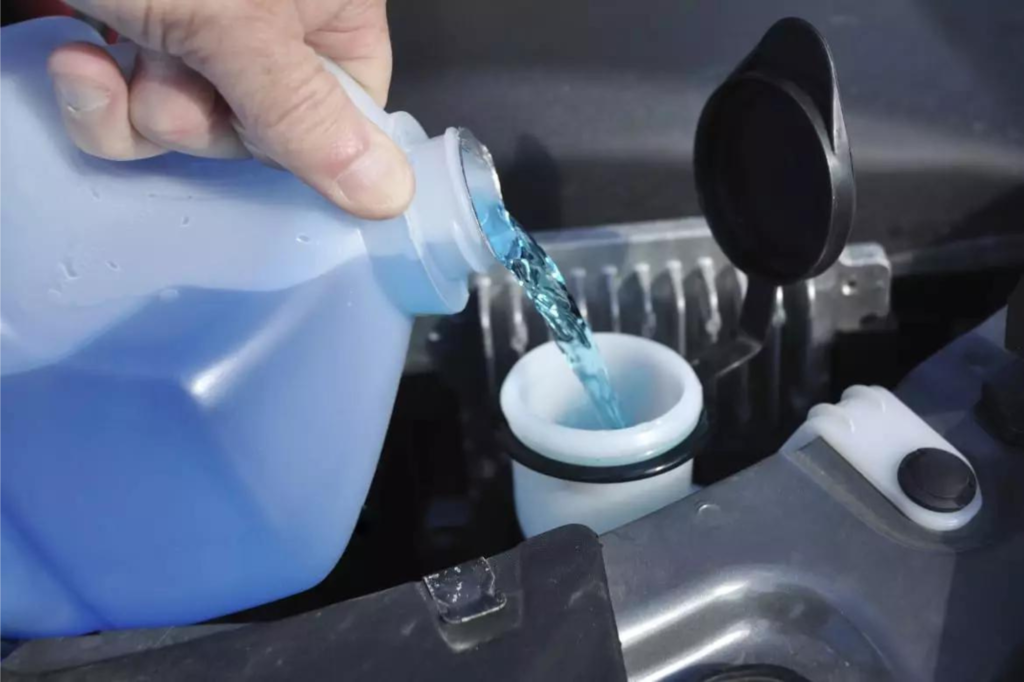
What Is It, And What Are The Components?
You might be wondering what exactly windshield wiper fluid is and why it’s essential to your car maintenance routine. Well, let me break it down for you. Windshield wiper fluid, also known as washer fluid, is a special liquid designed specifically to clean the surface of your vehicle’s windshield while driving. Washer fluid typically consists of water as its main component along with several additional ingredients like detergents (to help lift away grease and grime), alcohols (as antifreeze agents to prevent freezing in colder climates), glycerin (to improve consistency), fragrances to keep things smelling fresh, colorants for a more distinctive appearance, and some even come with anti-bacterial agents to fight germs on contact. For example, Methanol is often found in common formulas because it prevents freezing at low temperatures.Factors That Affect Its Expiration
As mentioned earlier, windshield wiper fluid can last for years, but it does expire when opened. Various factors affect the expiration of windshield wiper fluid, such as exposure to heat and sunlight. Another factor that affects the expiration of windshield wiper fluid is contamination. Contaminated fluids tend to have a shorter lifespan compared to uncontaminated ones. Ensuring proper storage and usage practices will help extend its shelf life, as discussed in this article.Signs That Windshield Wiper Fluid Expire
Check for these signs to know when your windshield wiper fluid has expired and why it’s important to replace it before hitting the road.Change In Color And Consistency
As windshield wiper fluid starts to age, one of the most noticeable signs that it has expired is a change in its colour and consistency. Fresh wiper fluid typically appears clear or light blue, but as time goes by, sediment and debris can build up within the solution causing it to become discoloured. Another factor affecting windshield wiper fluid’s colour is exposure to UV rays. Over time, UV rays from sunlight can break down chemicals within the fluid leading to a yellowing tint. It’s essential always to check this vital component before taking long trips ensuring they aren’t expired as not seeing well while driving could be detrimental.Unpleasant Odor
One sign that your windshield wiper fluid has expired is the presence of an unpleasant odour. This can be caused by the breakdown of one or more of its components, including methanol and glycol, which can emit a foul smell when they go bad. If you notice an unusual or noxious scent from your wiper fluid, it may be time to replace it. Besides being inconvenient for passengers who must endure the smell, using expired windshield wiper fluid with a pungent odour can also irritate or even harm those with respiratory problems.Poor Cleaning Performance
When windshield wiper fluid has expired, one of the most noticeable signs is poor cleaning performance. This can happen because the components in the fluid that help it clean and remove dirt from your windshield have broken down and are no longer effective. In addition to reduced cleaning ability, expired wiper fluid can leave streaks or residue on your windshield, further reducing visibility while driving. It’s important to check for expiration dates on your wiper fluid and replace it when necessary to ensure optimal visibility and safety on the road.Is It Safe to Use Expired Windshield Wiper Fluid?
Using expired windshield wiper fluid can compromise visibility and jeopardize road safety. It is not advisable to use glass cleaner as windshield wiper fluid as they differ in formulation and effectiveness. Use only recommended fluid to ensure optimal performance and clear windshields in all weather conditions. Stay safe on the roads.
The Risks Of Using Expired Wiper Fluid
Using expired wiper fluid can reduce visibility and damage your vehicle’s wiper fluid system, putting you at risk while driving.
Reduced Visibility
One of the risks associated with using expired windshield wiper fluid is reduced visibility. Over time, the components in the fluid can break down and lose their effectiveness, which can hinder your ability to see while driving. This becomes a particularly dangerous during heavy rain or snow conditions where clear vision is crucial. In addition to compromising your safety on the road, insufficient visibility can also lead to potential accidents involving other drivers or obstacles on the road. Proper maintenance extends the lifespan of your windshield wiper fluid and improves its cleaning performance on windshields. Always store your washer fluids in an ideal condition where they will be protected from extreme heat or cold temperatures and direct sunlight for optimal performance since temperature fluctuation affects its chemical composition leading to expired effectiveness over time.Damage To Wiper Fluid System
Using expired windshield wiper fluid can lead to damage to the wiper fluid system of your car. Over time, the components of the wiper fluid break down and degrade, making it less effective at cleaning your windshield. Additionally, using old or expired windshield wiper fluid can cause damage to the seals and rubber parts within the wiper system. The methanol content in some wiper fluids can dry out these materials, causing them to crack or corrode over time. It is important to note that regular maintenance can help prevent this type of wear and tear on your car’s system.Extending The Lifespan Of Wiper Fluid
To extend the lifespan of wiper fluid, store it in a cool and dry place, away from direct sunlight, and perform regular maintenance checks on your car’s wiper fluid system.Proper Storage Methods
As someone who takes proper car maintenance seriously, it’s important to correctly store your windshield wiper fluid. Here are some tips for proper storage:- Keep the container tightly sealed to prevent contamination and evaporation of the fluid.
- Store the container in a cool and dry place, away from direct sunlight or heat sources.
- If possible, avoid freezing by storing it at temperatures above 0°F (-18°C).
- Keep the container in an upright position to prevent leakage.
- Check the expiration date before purchasing and track when you opened it, as previously opened containers have a shorter shelf life.
Regular Maintenance
As someone who relies heavily on their vehicle, keeping up with regular maintenance is crucial in ensuring optimal performance and safety. Here are some things that I do to extend the lifespan of my wiper fluid:- Check the expiration date regularly: It is important to check the expiration date of wiper fluid before use, as expired fluid can negatively affect visibility and damage the wiper fluid system.
- Store properly: Wiper fluid should be stored in a cool, dry place away from direct sunlight to help prevent evaporation and degradation.
- Add fresh fluid when needed: If the wiper fluid level is low or it has been a while since it was last topped off, adding it can help maintain its effectiveness.
- Inspect nozzles and hoses: Make sure that the nozzles and hoses are free from any debris or blockages that could affect the flow of wiper fluid.
- Keep windshield clean: Regularly cleaning the windshield can help reduce the amount of dirt and grime that accumulates, which in turn can help maintain the effectiveness of wiper fluid.








